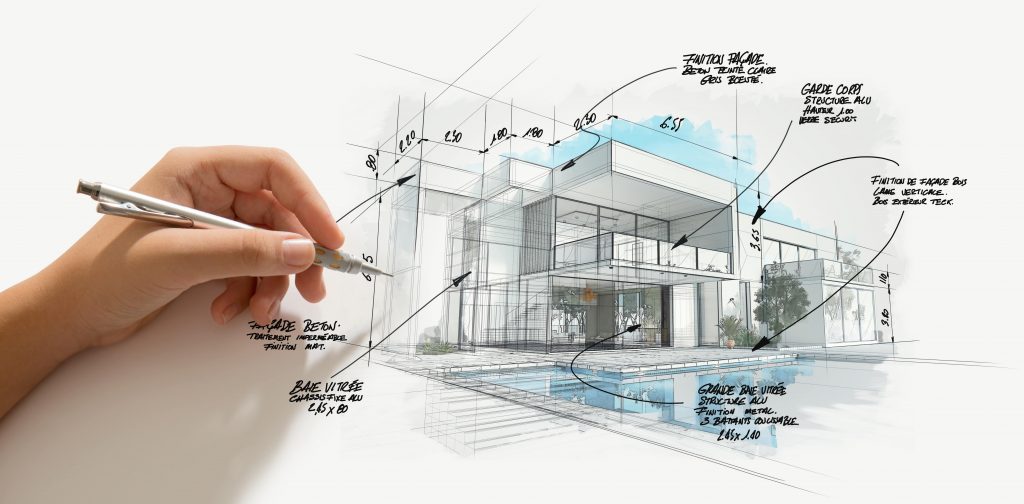Designing and customizing your home isn’t an easy task. After all, you need to meticulously evaluate a few things to ensure your house will turn out the way you want to. If you wish to ensure your house plan will fit your needs and preferences, you should keep these considerations in mind:
- Your Preferences
When customizing house plans, one key consideration you should keep in mind is the design you want for your property. After all, it’ll be difficult to make changes once the construction starts.

If you want your home to look the way you want it, you should discuss your preferences with your architect during the planning stage. For instance, you can find reference photos to make it easier for you to explain what you want for your interior and exterior.
You can also check out virtual websites that make it easy for anyone to create a mock home design and make one yourself. For example, platforms like Boutique Home Plans allow you to add or remove details to your home design easily. This way, you can see how different elements look together, and check whether your initial plan matches your ideal home.
- Your Budget
Another aspect of designing a home you shouldn’t ignore is the price of each item you’ll use. Different construction materials have varying costs, so you should be wise when customizing your property plan. Some items may be too expensive and make you overspend. If you like a particular material for your home, but don’t want to spend too much, you can look for more affordable alternatives.
For instance, using a marble countertop for your kitchen may cost a considerable amount of your budget. If you have limited funds to make your dream house a reality, using an expensive material may not be practical. Fortunately, other things appear the same for a lower price. You can look into a variety of similar materials before finalizing your home design so that you can maximize your budget.
- Your Location
Some aspiring homeowners often pick home elements they want for their properties. In some cases, the materials they’ll use are also influenced by the architectural style they like. They may overlook the location they’ll live in and pick a home design that won’t suit their living area.
For instance, if you’re settling in a colder region, it’s vital to equip your home with the suitable materials to keep you warm. So, it may be better to build a thick wall rather than use thin materials, like wood panels, for your house’s structure.
You can ask your architect to consider the climate and landscape when customizing your home plan to ensure you won’t encounter problems in the future.
- Your House Companions
A crucial consideration you shouldn’t forget when customizing your house design is the people who’ll live in it. You may need to change the interior and exterior design depending on who’ll occupy the home. For instance, if you plan to live alone, you’ll have more freedom to decide which items go into your residence. Alternately, if you live with your family and have children, it’s best to make child-friendly features around your house.
The rooms and the size of other essential parts of your property will also be influenced by the individuals you’ll live with, so don’t forget to keep that in mind.
- Your Utility Bills
The planning stage of building a residential property is usually the most challenging part. You need to consider many things as it can affect how your living experience will turn out. In some cases, the expenses you’ll incur in the future aren’t a crucial aspect you should be thinking about when customizing your property plan. However, if you make decisions without thinking ahead, you may face various problems in the future.
It may be advantageous to think about the regular expenses you’ll pay for once you live in the home you’re customizing. For instance, you should think about your monthly electricity consumption since it may cost a considerable amount of your monthly utility budget. It may be best to build an energy-efficient home so you don’t spend too much money paying your bills.
One way to use the resources around you is by building windows to let some natural light inside your living space. This can help you save some money on electricity since you won’t need to turn your lights to illuminate your home. Having large windows will also help ventilate your home during hot days.
Final Thoughts
Customizing a home plan is an exciting activity that’ll bring you one step closer to your dream house. Before you finalize your design, it’s vital to consider a few things to ensure your residence will suit your needs and preferences. This way, you can enjoy your house to the fullest once it’s finished.


